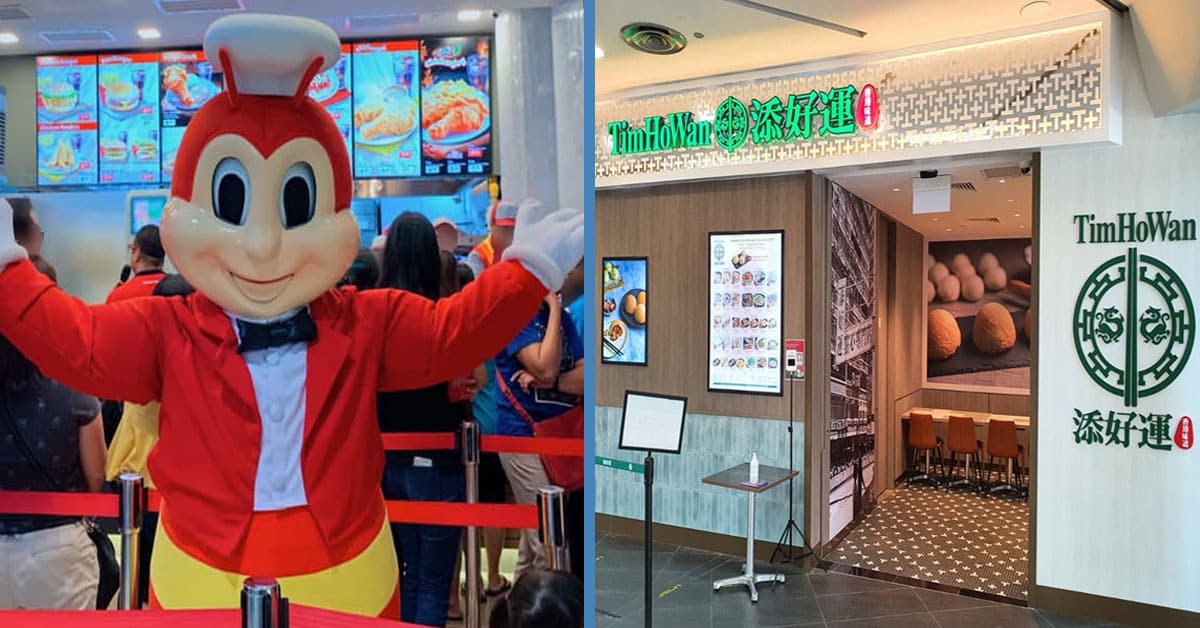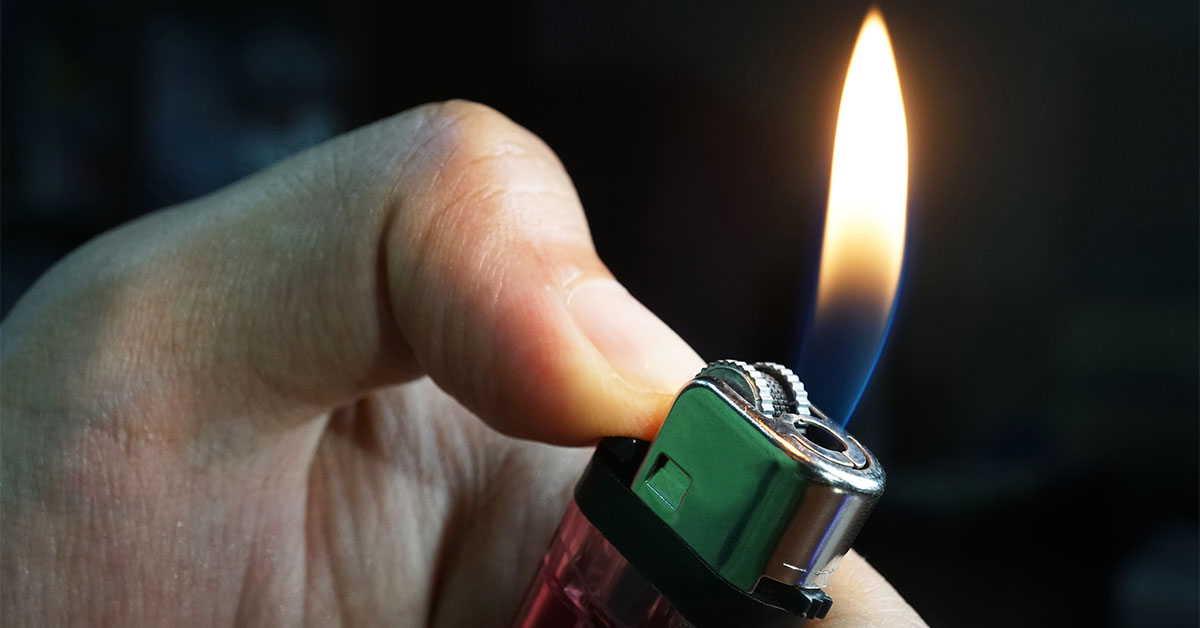Jollibee may be primarily known for its fried chicken joy and stinging mascot, but it appears that the Philippines fast-food giant is set to boast another moniker:
Delectable dim sum.
Yes, folks, the bee is spreading its wings…
And it will soon encompass more than just sweet fried chicken.
Jollibee Looking to Buy Over Tim Ho Wan Completely
Jollibee Foods Corp (JFC) is set to take over dim sum restaurant chain Tim Ho Wan…
In its entirety.
Lest you’re unaware, Jollibee’s subsidiary Jollibee Worldwide Pte Ltd. currently owns 85% participating interest in the fund governing Tim Ho Wan.
With its latest venture, it would fully own the private equity fund responsible for the brand and respective company-owned stores.
The remaining 15% is said to be valued at some S$71.56 million.
All 53 Tim Ho Wan outlets, which are located across countries such as Singapore, Taiwan, Hong Kong and the Philippines, will effectively take on a bee mantle.
Not literally. I guess.
And JFC certainly has high hopes for the franchise too. It has already opened a Tim Ho Wan outlet in Shanghai in September 2020, and it’s hoping to open at least 100 stores within the next four years.
That would amount to a rate of some 25 stores per year.
Astounding, considering the times we’re living in.
But perhaps the revelation comes as no real surprise, seeing how JFC already boasts an entire roster of brands including Panda Express and Chowking.
What’s clear is that Jollibee is set to become a real powerhouse.
With luck, we wouldn’t be surprised if the clown gets dethroned in favour of the bee in due time too.
A Change In Fortunes
However, the news may come as a real surprise to some, and no wonder.
Back in the first half of 2020, it was revealed that Jollibee Foods Corporation had reportedly suffered a net loss of 12 billion Philippine pesos (S$336 million).
In fact, in the second quarter of 2020, the fast-food giant was forced to shut down half of its outlets temporarily, which amounted to close to 3,000 stores worldwide.
This translated to a 48.4% decrease in sales, or 30.7 billion Philippine pesos (S$859 million).
And despite reopening 88% of its stores by the end of the second quarter, sales revenue continued to fall, owing to a lack of dine-in customers.
However, Jollibee refused to cave in the face of the pandemic.
Setting its sights on full business recovery, Jollibee began rebuilding its business, with the incorporation of “major cost improvement” under their business transformation programme.
The programme will allegedly cost around 7 billion Philippine pesos (S$196 million) and constitutes a significant part of the company’s net loss of 10.2 billion Philippines pesos (S$285 million).
The transformation also includes the closure of 255 company-owned stores, as well as a reduction in organisation size in specific countries.
And the efforts have certainly paid off, considering how Jollibee registered a profit of nearly 1 billion for the second quarter of 2021.
The pandemic may have claimed numerous victims over its run, but the bee is certainly not one of them.
If you’re wondering why fast-food chains are still so successful despite the pandemic, watch this video to the end to find out:
Read Also:
- Isetan in Parkway Parade to Close After 38 Years; Negotiations With Landlord Failed
- ComfortDelGro is Now Having Profits Again; Even Its Taxi Business is Generating Profits
Featured Image: Facebook (Tim Ho Wan; Jollibee Singapore)



